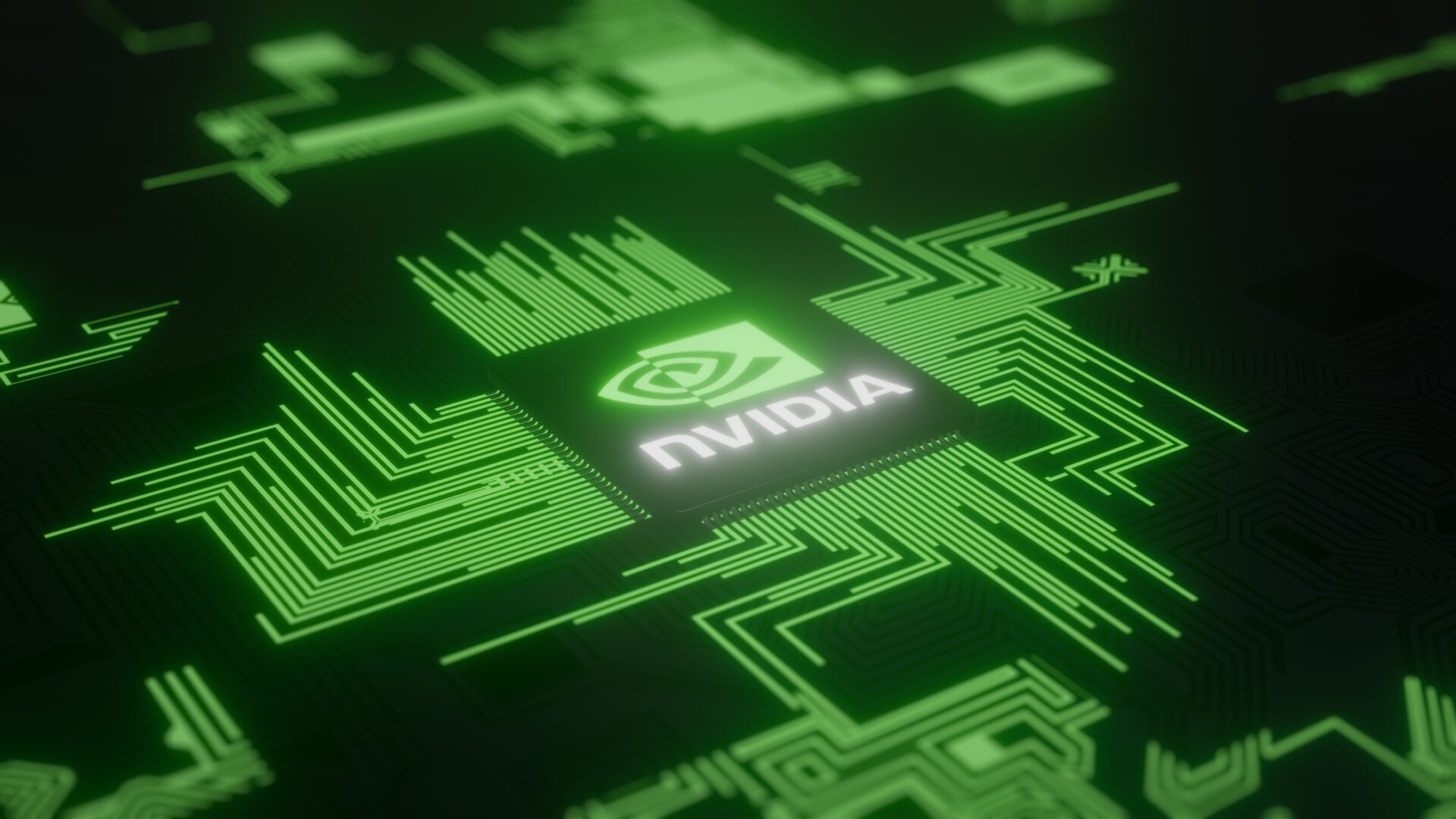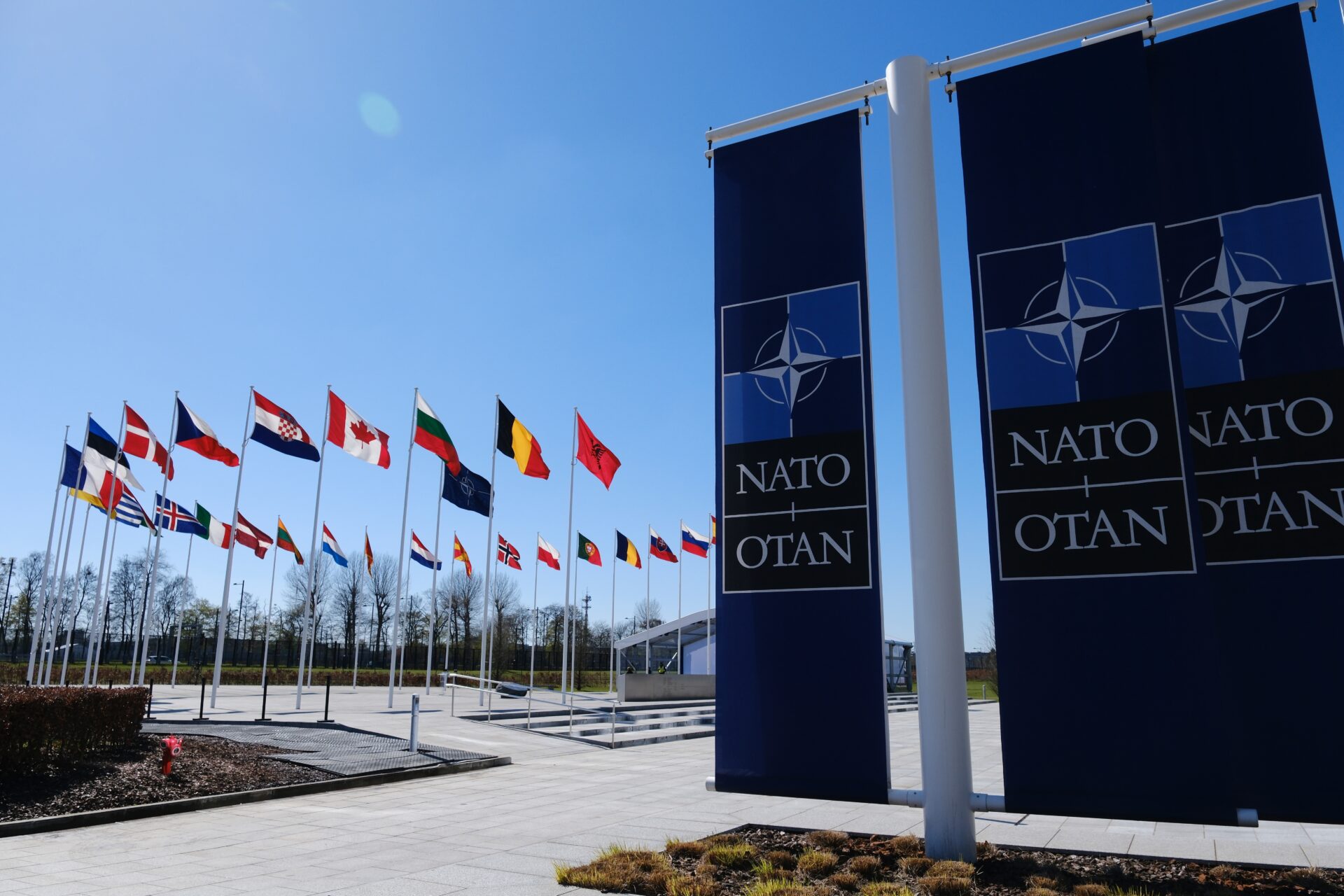
Nvidia Faces ANTI-TRUST STORM in China!
China’s competition regulator has accused Nvidia of breaching conditions tied to its 2020 Mellanox acquisition, opening the door to potential fines and new restrictions.
At a Glance
- China’s State Administration for Market Regulation (SAMR) issued preliminary findings that Nvidia violated anti-monopoly rules over its $6.9 billion Mellanox deal.
- Nvidia is accused of failing to meet conditions China imposed when it approved the acquisition in 2020.
- Penalties could include fines of up to 10% of Nvidia’s annual revenue or forced changes to its China operations.
- Nvidia earned about $17 billion in sales from China in the last fiscal year, 13% of its global total.
- The probe comes amid tense U.S.-China trade talks in Madrid, highlighting the role of semiconductors in geopolitical rivalry.
Background: The Mellanox Deal & Regulatory Conditions
In 2020, Nvidia acquired Mellanox Technologies, an Israeli company specializing in networking hardware and high-speed data transmission, for $6.9 billion. China approved the takeover, but only under conditions designed to safeguard competition. These included requirements that Nvidia continue supplying critical components on fair and non-discriminatory terms to Chinese firms.
Now, the State Administration for Market Regulation says preliminary findings show Nvidia did not fully honor those commitments. The regulator has not yet detailed which conditions were breached but noted that further review is underway.
Watch now: China Says Nvidia Violated Anti-Monopoly Law | Probe Over …
Implications for Nvidia and China
For Nvidia, the stakes are significant. Chinese regulators have the power to levy fines equal to as much as 10% of a company’s annual revenue. For Nvidia, which reported nearly $17 billion in China-based sales in the last fiscal year, that could mean a penalty in the billions. The company’s shares dropped about 2% in pre-market trading following the announcement.
For Beijing, the move underscores China’s use of regulatory scrutiny as leverage against U.S. technology firms. Recent frictions already include restrictions on advanced AI chips developed for Chinese markets and growing skepticism toward Nvidia’s H20 processor, which was designed to comply with U.S. export limits. The probe aligns with China’s push to tighten oversight of foreign tech companies while simultaneously promoting its domestic semiconductor sector.
Broader Geopolitical Context
The timing of the findings adds to their significance. They were announced just as trade officials from Washington and Beijing began meetings in Madrid, where semiconductors and artificial intelligence remain top priorities. U.S. officials have already expressed concerns that the investigation could be politically motivated.
For Nvidia, the case illustrates the difficulty of navigating between U.S. export controls and China’s regulatory demands. The company is one of the few Western suppliers still selling advanced chips to China under modified compliance frameworks. If penalties or restrictions intensify, Nvidia could see its access to one of its most important markets constrained.
What Comes Next
The SAMR emphasized that its probe is not complete and that Nvidia will be given opportunities to respond. A final ruling could impose fines, mandate structural changes in how Nvidia operates in China, or both. Nvidia has said it complies with laws in every jurisdiction and will cooperate with Chinese regulators during the review.
Industry analysts warn that the case could escalate if linked directly to trade talks, potentially prompting countermeasures by the United States. For now, the antitrust investigation marks another flashpoint in the ongoing U.S.-China struggle for leadership in semiconductors and artificial intelligence.
Sources
Reuters
Bloomberg
Financial Times


